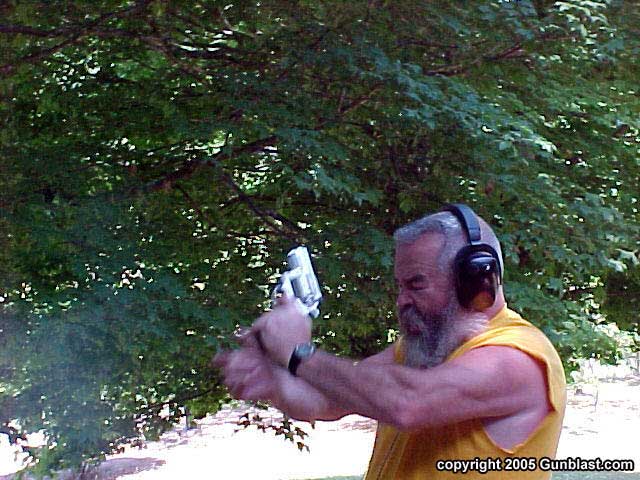Pond James Pond
New member
I only started noticing this when I starting shooting .44 Mag from my Redhawk, but everytime it fired I flinched rather heavily. I have tried hard to control this but it is a mighty strong response.
I distinctly remember that my instructor, prior to my licence practical test, had commeded me on not shying away from the returning slide that many seemed to.
I've got it relatively under control, but now it seems that regardless of the weapon, I will still blink at the point of discharge to some degree.
I even tried staring wide-eyed whilst squeezing, but I have since found that glaring at the target like a deranged lunatic whilst handling a firearm is not the best thing for building the foundations of a good reputation in this sport...
So, now, whilst I may not flicnh to the point of changing my stance or coming off target, I still blink. I rather I didn't.
Is it only me?
Does it happen to others?
Is it even a problem?
Suggestions?
I distinctly remember that my instructor, prior to my licence practical test, had commeded me on not shying away from the returning slide that many seemed to.
I've got it relatively under control, but now it seems that regardless of the weapon, I will still blink at the point of discharge to some degree.
I even tried staring wide-eyed whilst squeezing, but I have since found that glaring at the target like a deranged lunatic whilst handling a firearm is not the best thing for building the foundations of a good reputation in this sport...
So, now, whilst I may not flicnh to the point of changing my stance or coming off target, I still blink. I rather I didn't.
Is it only me?
Does it happen to others?
Is it even a problem?
Suggestions?

